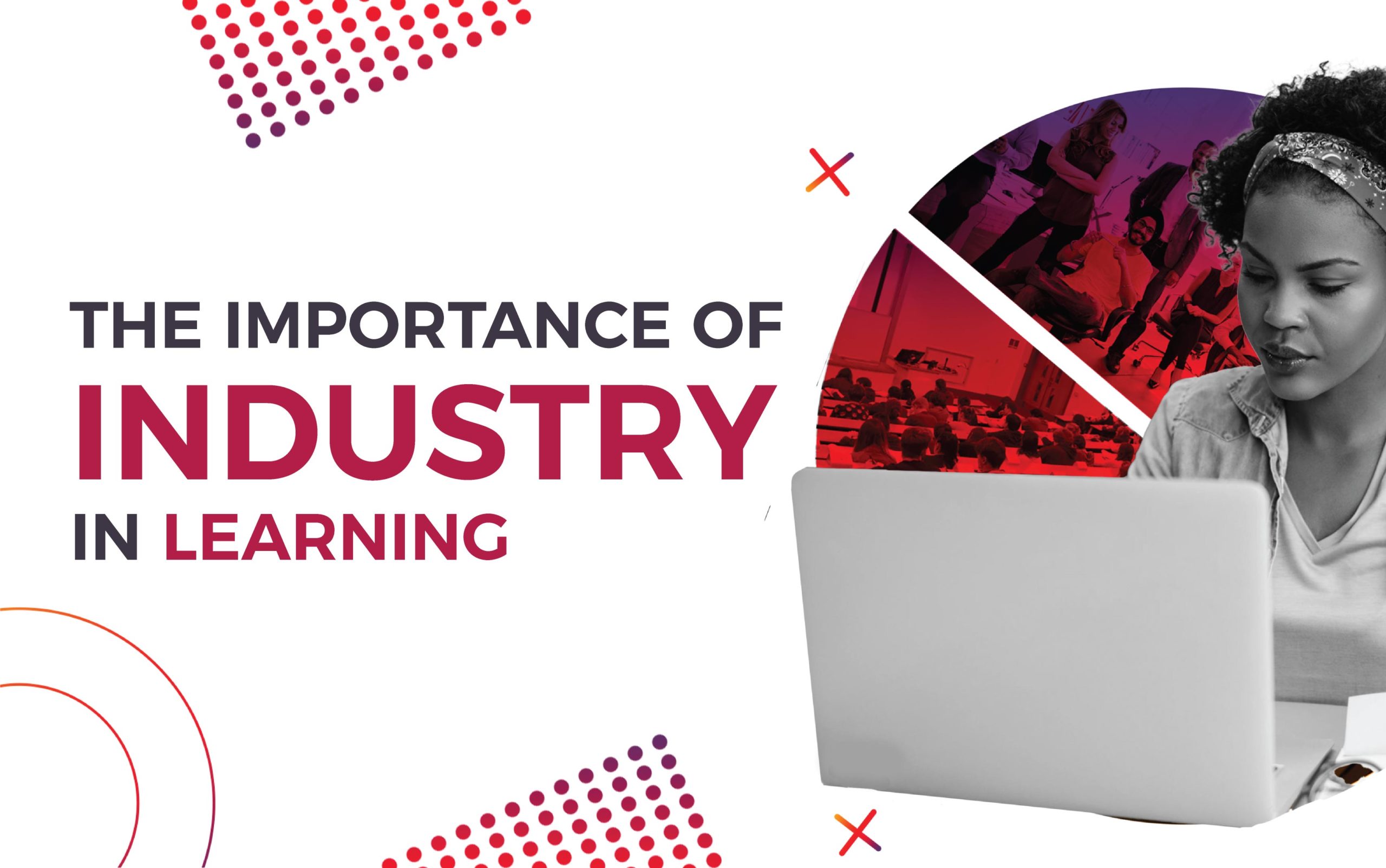
Tony van der Linden and Herman Botha join forces to become engineering industry lecturers at the University of Pretoria
In order to give students every opportunity to flourish in their future careers, it’s imperative that learning institutions and industry work together to supplement textbook learning with practical applications and solutions to real-world scenarios. This is what’s known as industry-focused learning or industry-oriented education, and it means holistic student development.
Why industry-focussed learning is better than traditional learning
Traditional learning can sometimes fall short when trying to keep up with the rapid pace of technological advancement, leading to students having limited exposure to real-world challenges and scenarios in their field of study. This can ultimately limit their critical thinking skills and problem-solving – two key ingredients employers in the tech space look for.
Picture this: A student has just graduated after studying for four years. They’re stoked because they can finally apply for that job they’ve had your eye on. But when applying they don’t intrinsically understand the job requirements nor what it will be like on the job as they’ve had limited exposure to the industry they wish to succeed in. Concern and doubt kick in, the application tab is closed, only to repeat the cycle again and again. In situations like this it can be difficult for someone to not only envision doing the actual work, but also to apply for that job because they feel underqualified (even when they aren’t). Luckily, industry-focused learning is the solution to this challenge.
Industry-focused learning exposes students to the latest happenings within an industry and the modern challenges development teams are looking to solve. It combines the content of a specific topic with the experience of an industry expert. It can also provide graduates entering the working world with a competitive advantage over their peers as they’re more equipped to find long-term success in a rewarding career.
Our commitment to industry-focussed learning initiatives
We have a strong relationship with and are actively involved in the Department of Computer Electronic and Electric Engineering at the University of Pretoria (UP). For the past two years, we’ve been one of the main sponsors of their UP-Robot Car Day and are dedicated to not only offering top students bursaries, but also hiring graduates into our Grad Programme, with the aim to help cultivate a thriving IT industry.
Being industry-focused means two things: keeping up with the industry and involving the industry. When the software engineering lecturer at UP resigned, a class of third-year students were left without guidance. Understanding the need for holistic student development and making use of the relationship with us, UP approached BBD executive Herman Botha, with the opportunity to take over these classes and become the first engineering industry lecturer at the university.
As we are committed to grassroot initiatives geared at finding and nurturing talented individuals who may not otherwise have the opportunity while widening the skills pool, Van der Linden joined forces with Botha. The duo lectured the software engineering module at the university three times a week. Botha said that at first it was nerve-wracking. He’d been a difficult student and expected his students to be the same. But this wasn’t the case, as they were a joyous bunch who were eager to learn.
Within this broad-spectrum software engineering module, the subject matter incorporates both theory and practical. Students are prepared for the software engineering world, being taught what they can expect from beginning to end.
Going to university means more than just acquiring a degree. Within these years it’s essential to build the skills necessary for what comes after university and gain a solid understanding of the industry you will move into. Being equipped with the relevant knowledge and resources smooths the transition from student to employee and eliminates the many doubts students face.
Karl Etsebeth, a third-year engineering student at UP, shared his experience in the classroom, saying that at first, the textbook content seemed very abstract with few clear examples of how the concepts would combine to assist in software development. He added that having industry lecturers helped to bridge this gap, as they placed the concepts in context with real-life examples.
Nelson Mandela once said that education is the most important weapon, which can be used to change the world. And when universities and industry work together, we can ensure that students can integrate theoretical knowledge with practical applications and experiences, ultimately leaving university primed for success. If you’re looking to kickstart your career in the software development field, checkout our Grad and Bursar Programmes here.



